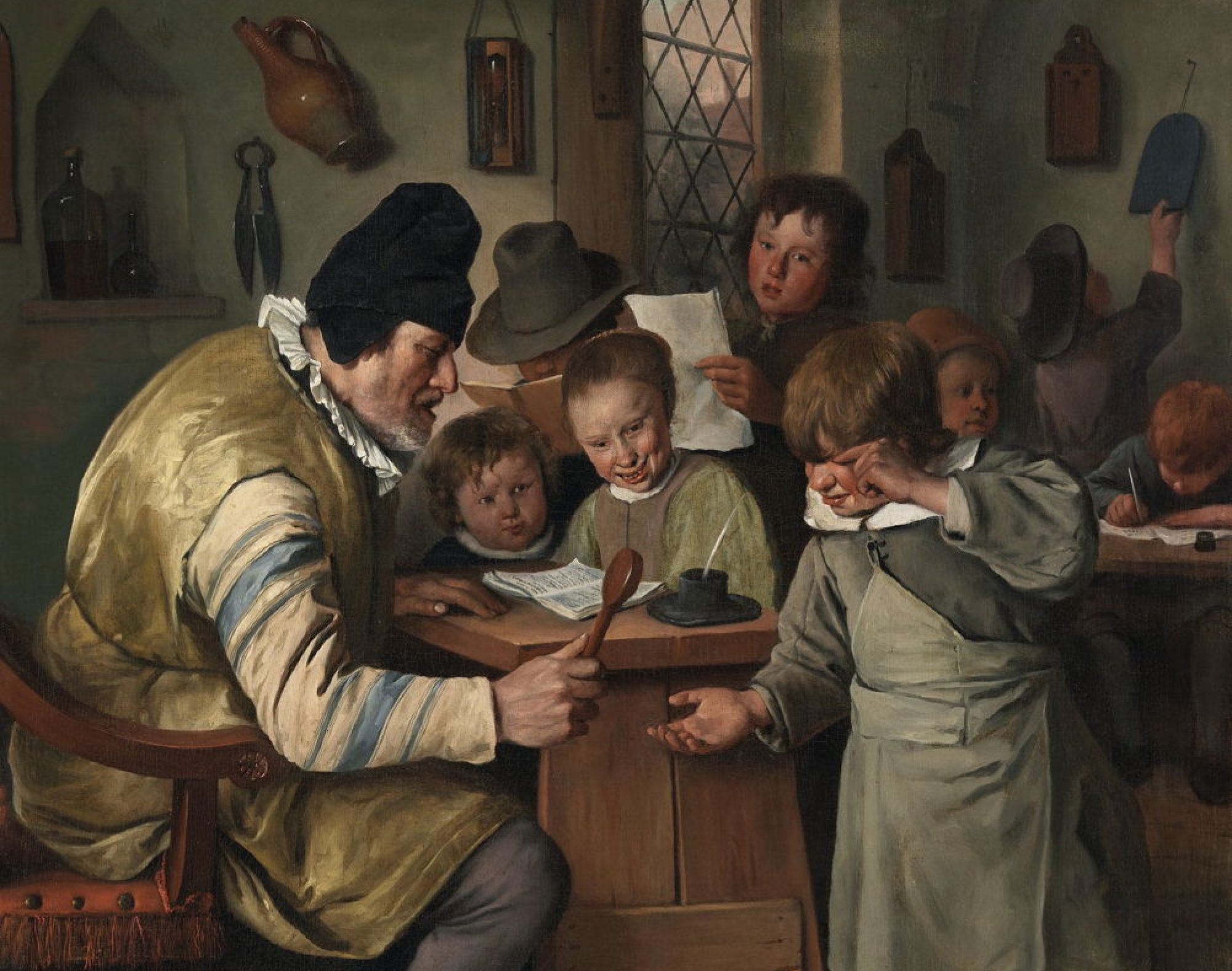PDF #24 – Thomas Prendergast The Mastery of Languages, or the art of speaking foreign languages idiomatically
Thomas Prendergast (1806-1886) wrote and published his ‘Mastery System’ for learning language call The Mastery of Languages, or the art of speaking foreign languages idiomatically, which appeared in 1864 and it was followed by courses for French and German (both 1868), Spanish (1869), Latin (1872), and Hebrew (1871).

He started with example of language acquisition by young children. His account shows that he observed children carefully and did not come to them looking for confirmation of prejudices. He made a particularly telling point in his description right at the outset which many observers would have overlooked. He noticed that small infants interpret the meaning of language by making use of other information available to them in the wider context, what people do, how they look, their gestures and facial expressions, and so on. His next point is equally perceptive, though his interpretation led him down the wrong path.
This book is a reproduction of an important historical work. Forgotten Books uses state-of-the-art technology to digitally reconstruct the work, preserving the original format whilst repairing imperfections present in the aged copy. In rare cases, an imperfection in the original, such as a blemish or missing page, may be replicated in our edition. We do, however, repair the vast majority of imperfections successfully; any imperfections that remain are intentionally left to preserve the state of such historical works.
An Eternal Discussion on The Mastery of Languages
Some members thought that maybe mastery of a language can be measured by the mastery of pronunciation. In that it is the pronunciation that defines ones acceptance in the language speaking society and also allows you to communicate efficiently.
Completely mastery is not possible because most fields have their own special vocabulary and also the language itself is self developing constantly and one has to keep up with that forever. Mastering a language means mastery over a language in aspects of language history, mastery over all evolution from A to Z .
Some members were of the opinion that when a foreign language speaker can practically communicate easily and spontaneously with native speaker then he/she has mastered the language. When one doesn’t strain to understand what the native speaker is saying and when one is able to make valid points while speaking without sounding like he/she is fighting with herself /himself to get the words out of the mouth then one is fluent.
Some members felt that there is a huge difference in mastering a language and just being fluent in a language. Fluency ought not be to be mistaken for mastery of a language, feeling confident in expressing yourself and having one on one conversation with people in a language does not mean one has mastered a language. Other members suggested that mastering a language is when one can converse with a large group of native speakers of that language and not get lost. This includes having a firm understanding of the accent /dialect, slang, idioms and other expressions that are not taught in school.
After reading “The Mastery of Languages” you can check important issues for ESL teachers on the section PDFs, and visit my YouTube channel.
